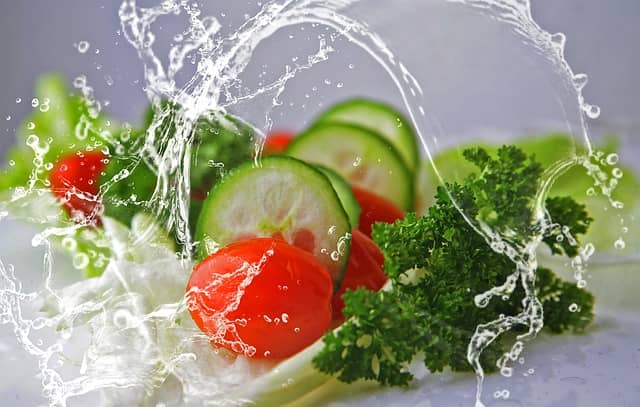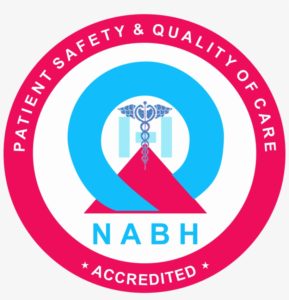TIPS TO IMPROVE YOUR DIGESTIVE HEALTH

In our modern life, digestive problems have become a part of our daily routine. Your digestive health is directly impacted by the foods you eat and the lifestyle you live. By taking steps to improve your digestive health, you’ll help your digestive system to function more efficiently, improving your overall health and sense of well-being.If gas, bloating, heartburn, nausea, constipation or diarrhoea is part of your everyday life, you’re not alone. Try these tips for better digestive health:
Consume a Balanced Diet
- Choose a variety of foods from each food group, especially fiber-rich fruits, vegetables and grains as well as certain yogurts and fluids.
- Whole fruits and vegetables gives you plenty amount of fibre, which helps you in digestion. Eat salad with meals and have fruit for dessert.
- Add curd, yogurt and some fermented foods to your diet for proper digestion.
Chew your food
Good digestion starts in the mouth. This is because breaking down your food mechanically is actually considered to be the first phase of digestion. The smaller the particles the easier the food travels down the esophagus. As you chew your food, saliva is released from glands in your mouth and which then begins the chemical digestion of the food before it even reaches your stomach. Additionally, the presence of saliva triggers the stomach to produce acid and its own digestive enzymes in preparation for the arrival of your meal.
Change your eating habits
- Eat regular meals to help promote consistent bowel movements. Eat in a relaxed environment and focus on eating. Just eating. Turn off TV, Mobile phones also.
- Try not to eat when you are upset or in a bad mood. Your brain and your digestive tract are interconnected so these feelings can impact the effectiveness of your digestive system.
- Eat Small, More Frequent Meals. Aim for 4-5 small meals per day versus 2-3 large meals.
- Try to eat at least 2-3 hours before you sleep.
Be good to your liver
You can heal your digestive system by supporting your liver to work efficiently and effectively. If your digestion can handle it, try to boost your intake of liver-loving foods by consuming carrots, beetroot and leafy greens in soups and freshly squeezed juices.
Fat, Fluid and Fibre
- It’s important to get some fat in your diet, pairing fatty foods with high-fiber foods can make them easier on your digestive system. Example of healthy fats: coconut, avocado, fatty fish, olive oil, healthy animal fats
- Fiber has the important role of helping to sweep all unused and unwanted digestion by products through the intestinal tract. Fiber. Fiber-rich whole grain products, nuts, legumes, fruits and vegetables are often good sources of fiber.
- Fluids work with fiber to move things along. A diet high in foods like fruits and vegetables, which are both high in fiber and provide water, can help keep your stool soft and easy to pass.
Detox your body regularly
A gentle detox on a regular basis can be a great way to reset your entire digestive system. Include Lemon Water, Apple Cider Vinegar, Aloe-Vera Juice or Lukewarm Water in your detox regime, it may help with digestive issues.
Turmeric milk
This helps in better digestion and prevents ulcers, diarrhoea and indigestion. As it helps in digestive health it also induce better sleep.
Manage your stress
Stress can mess with your digestion as meditation, breathing, yoga, walking and naps really help to reduce stress levels.
DISCLAIMER: Patients & readers are advised to consult their Physician/ Doctor before following this write-up neither the publisher nor the author takes any responsibility for any possible consequences from any treatment action which is influenced from this write-up/information.






